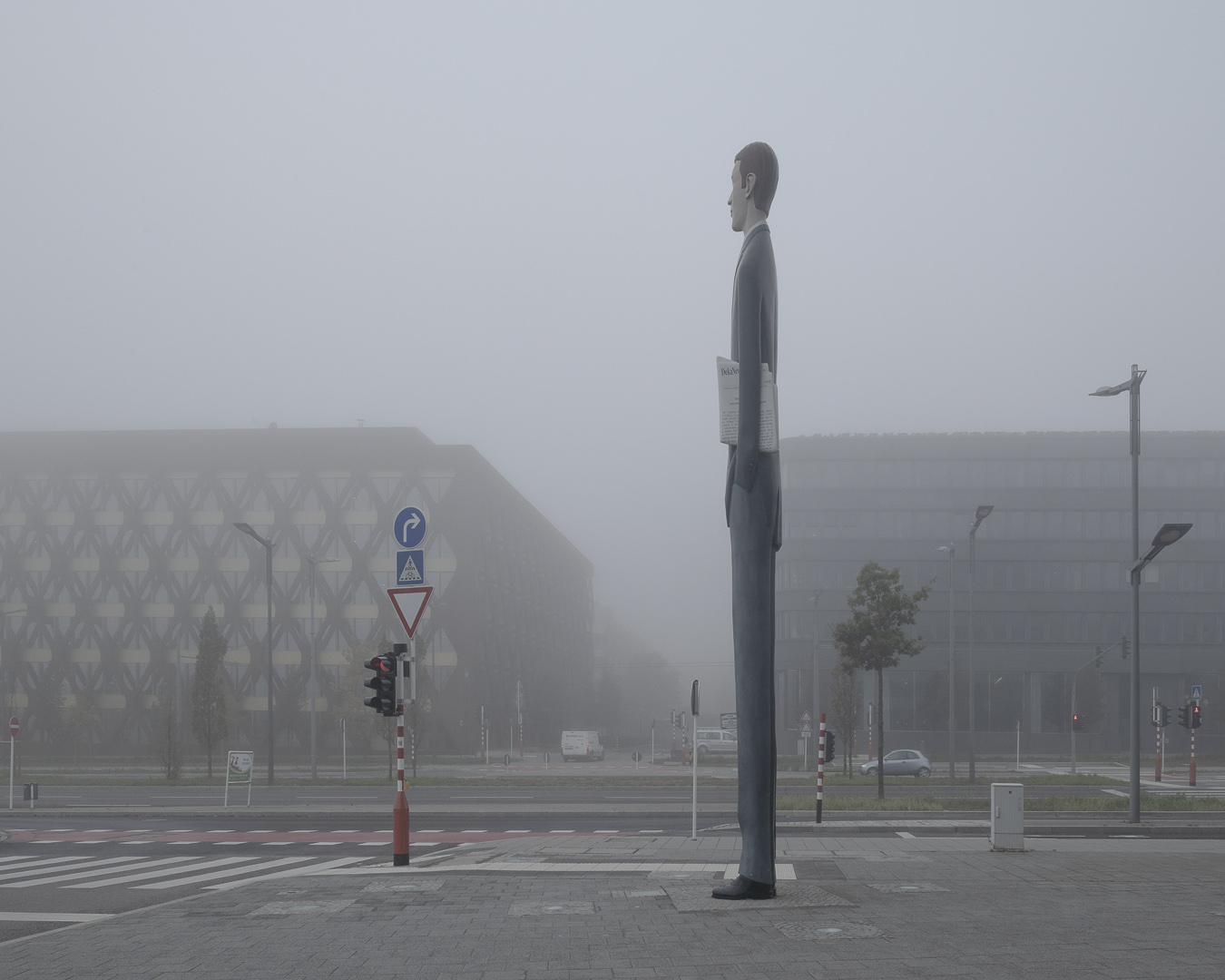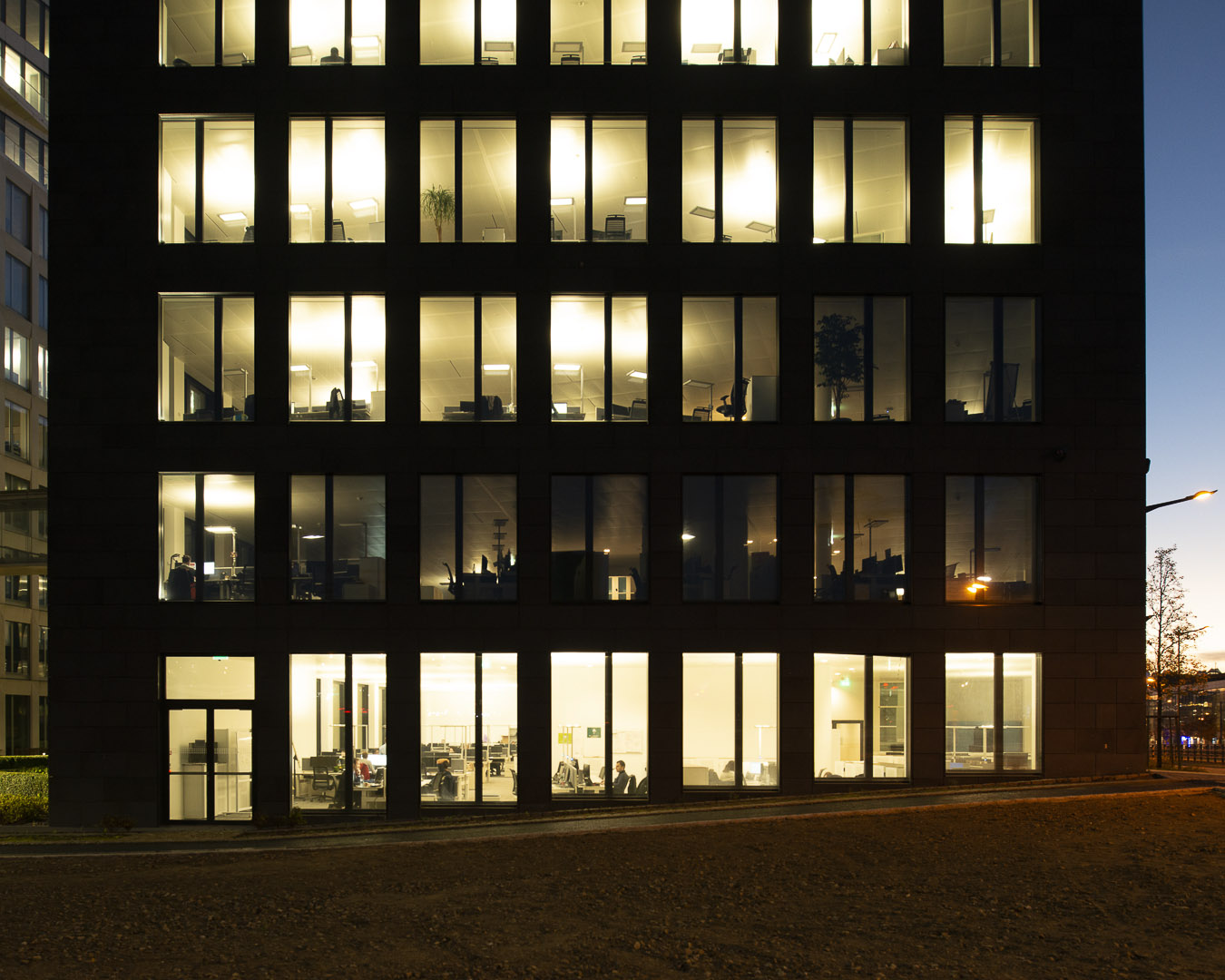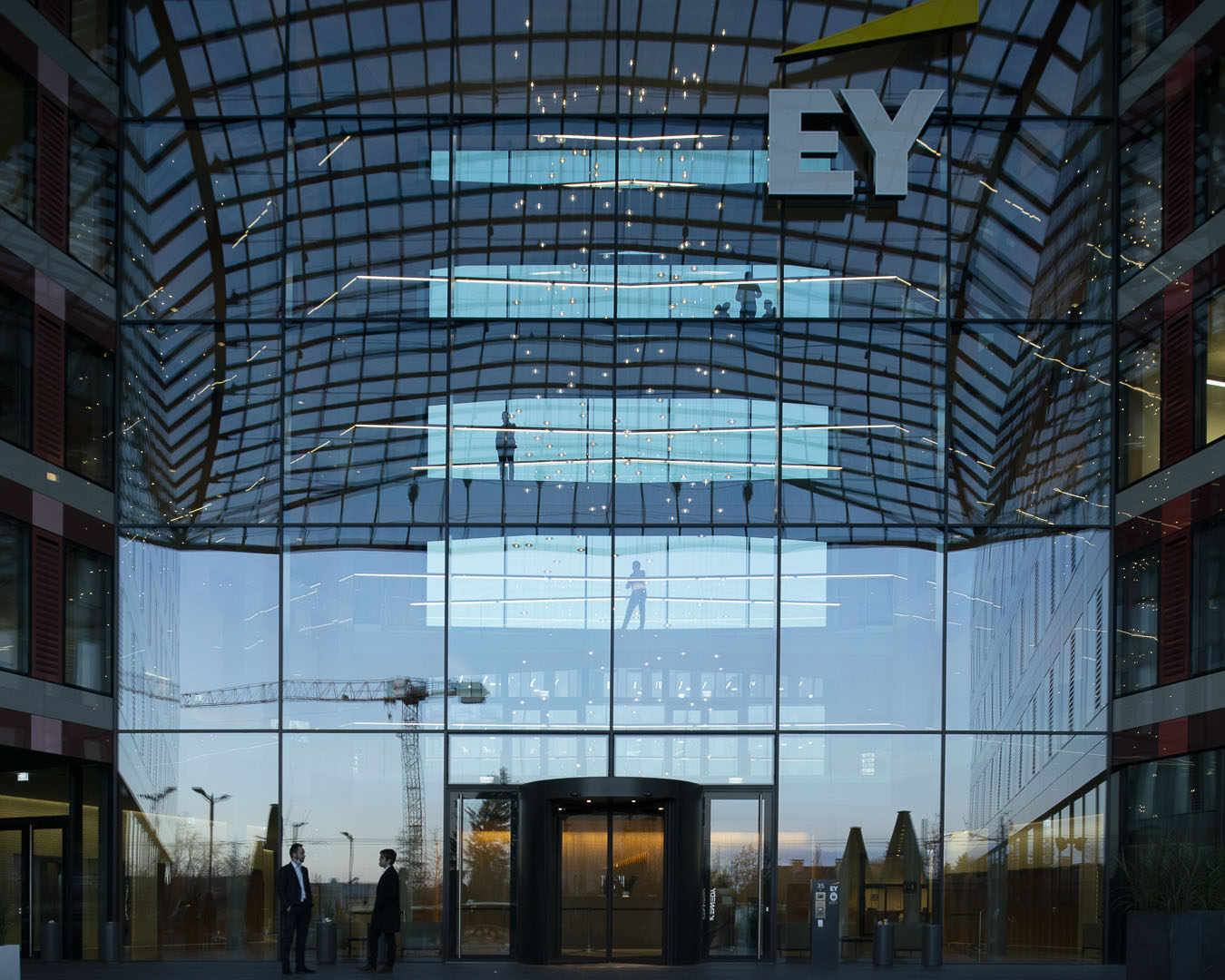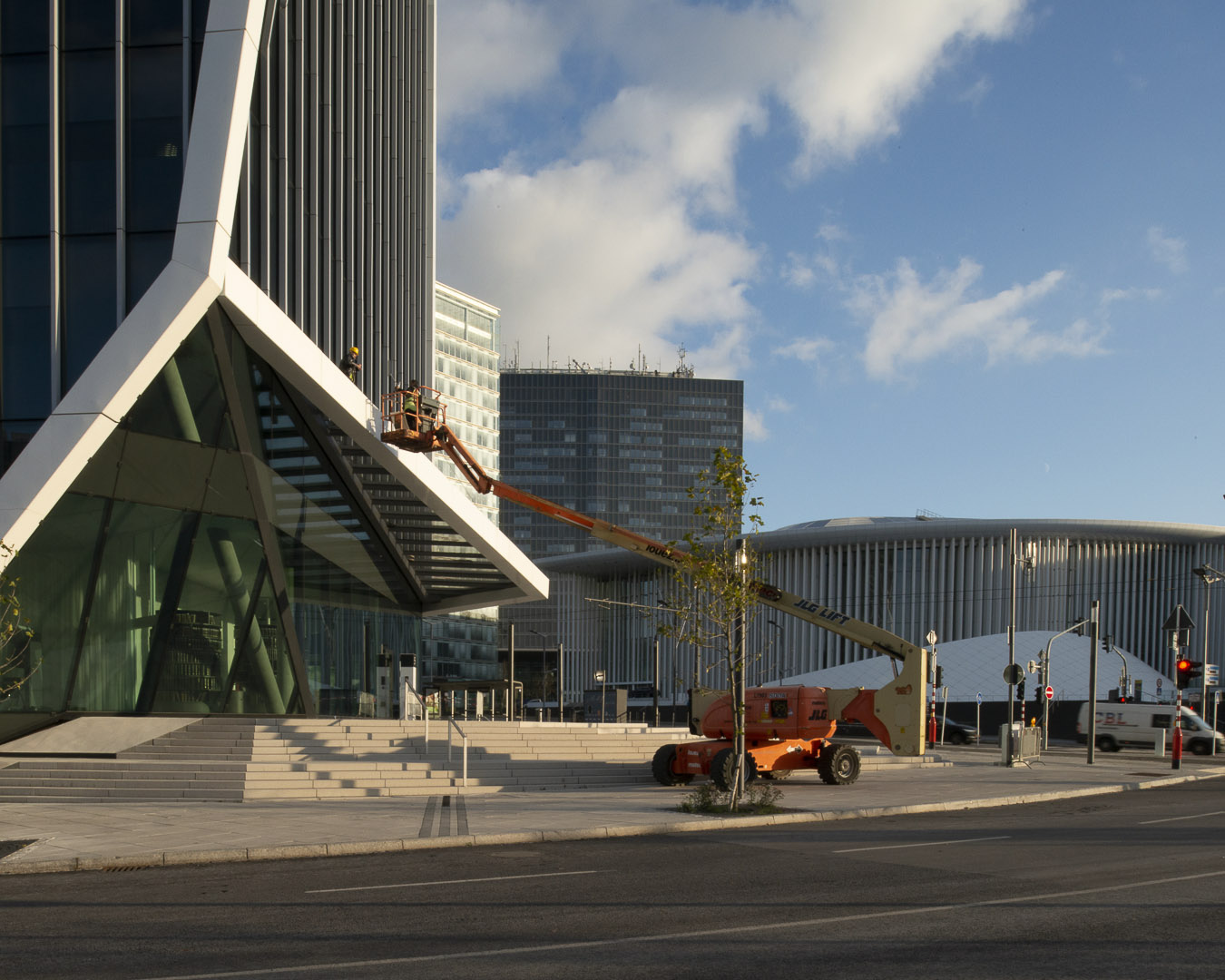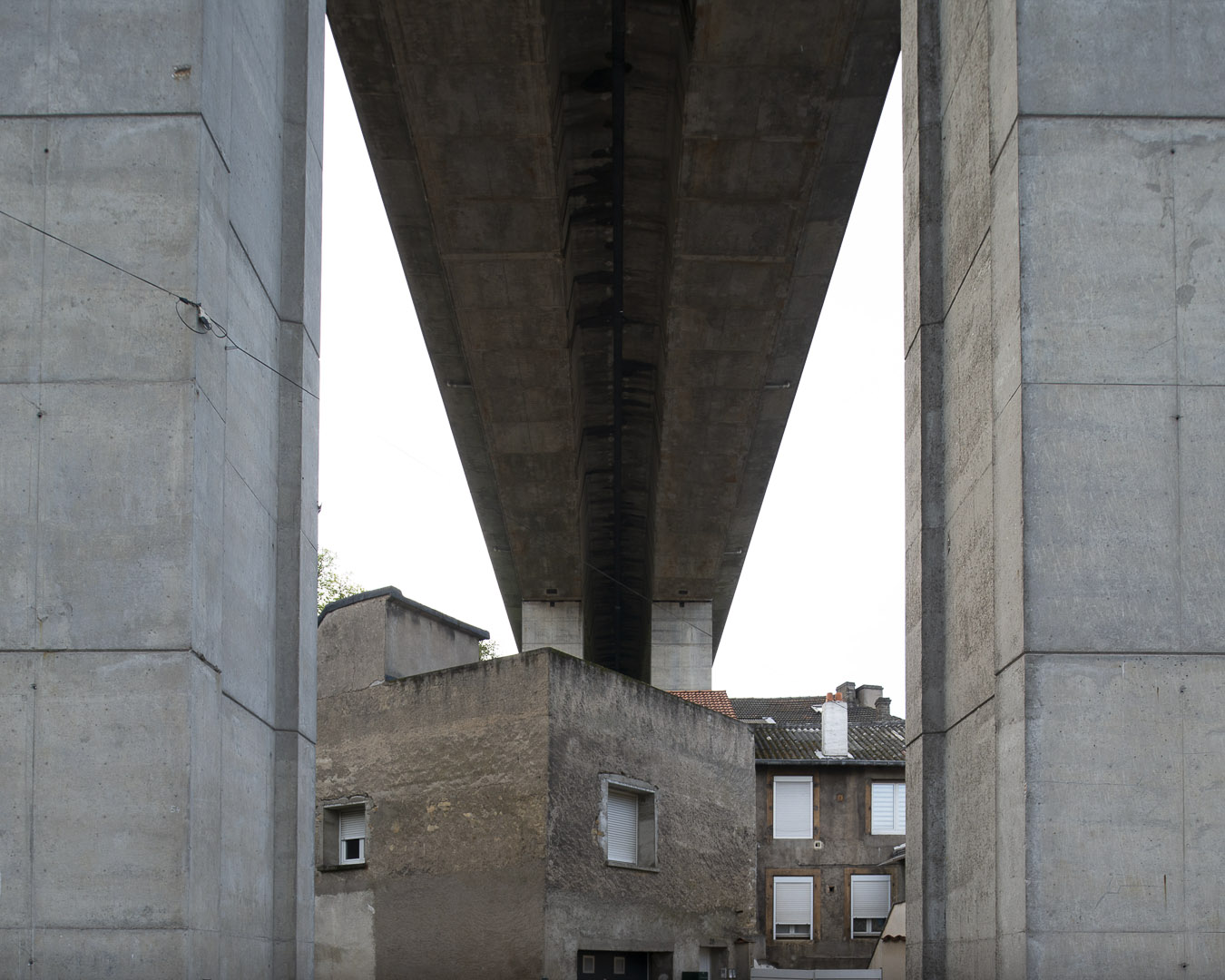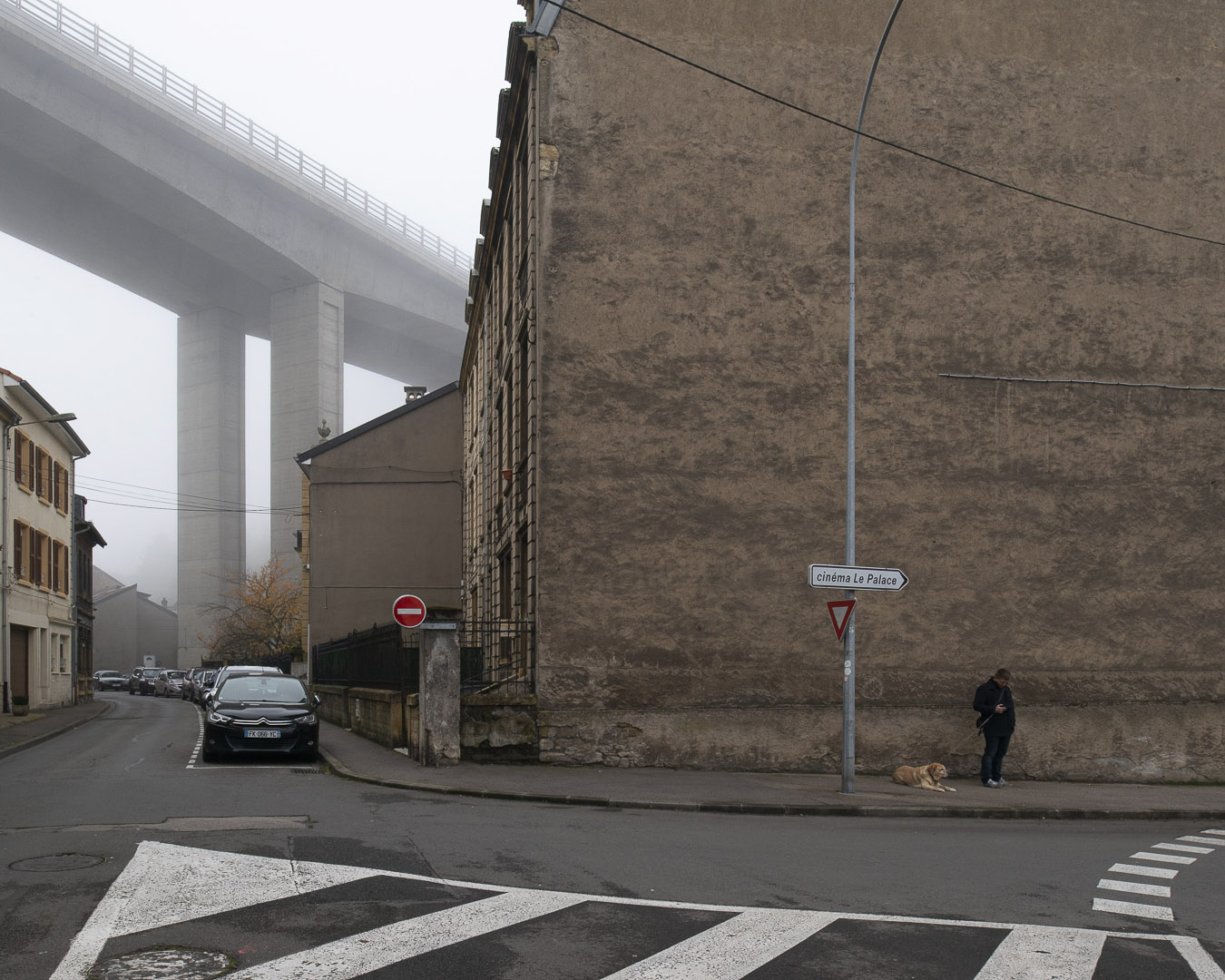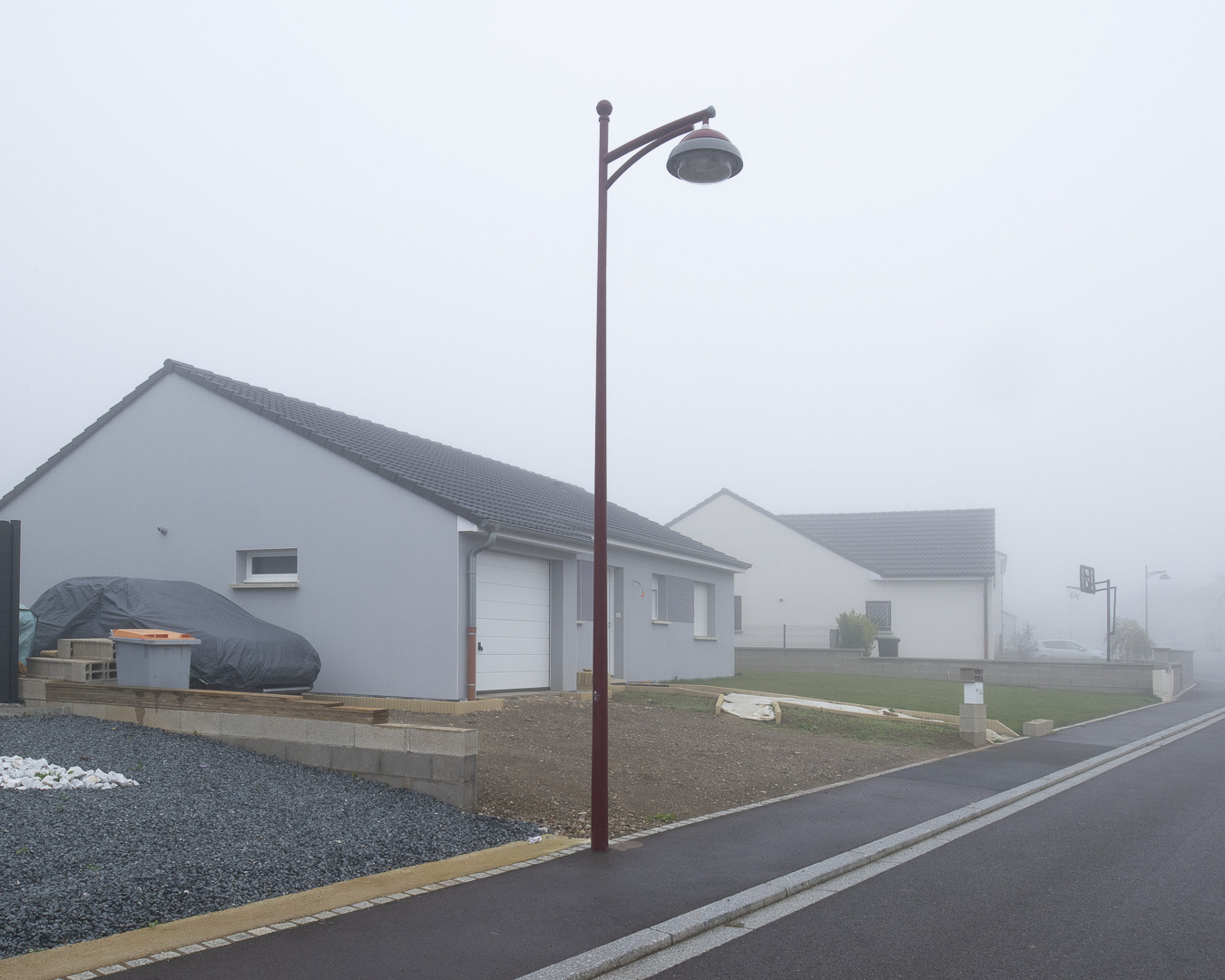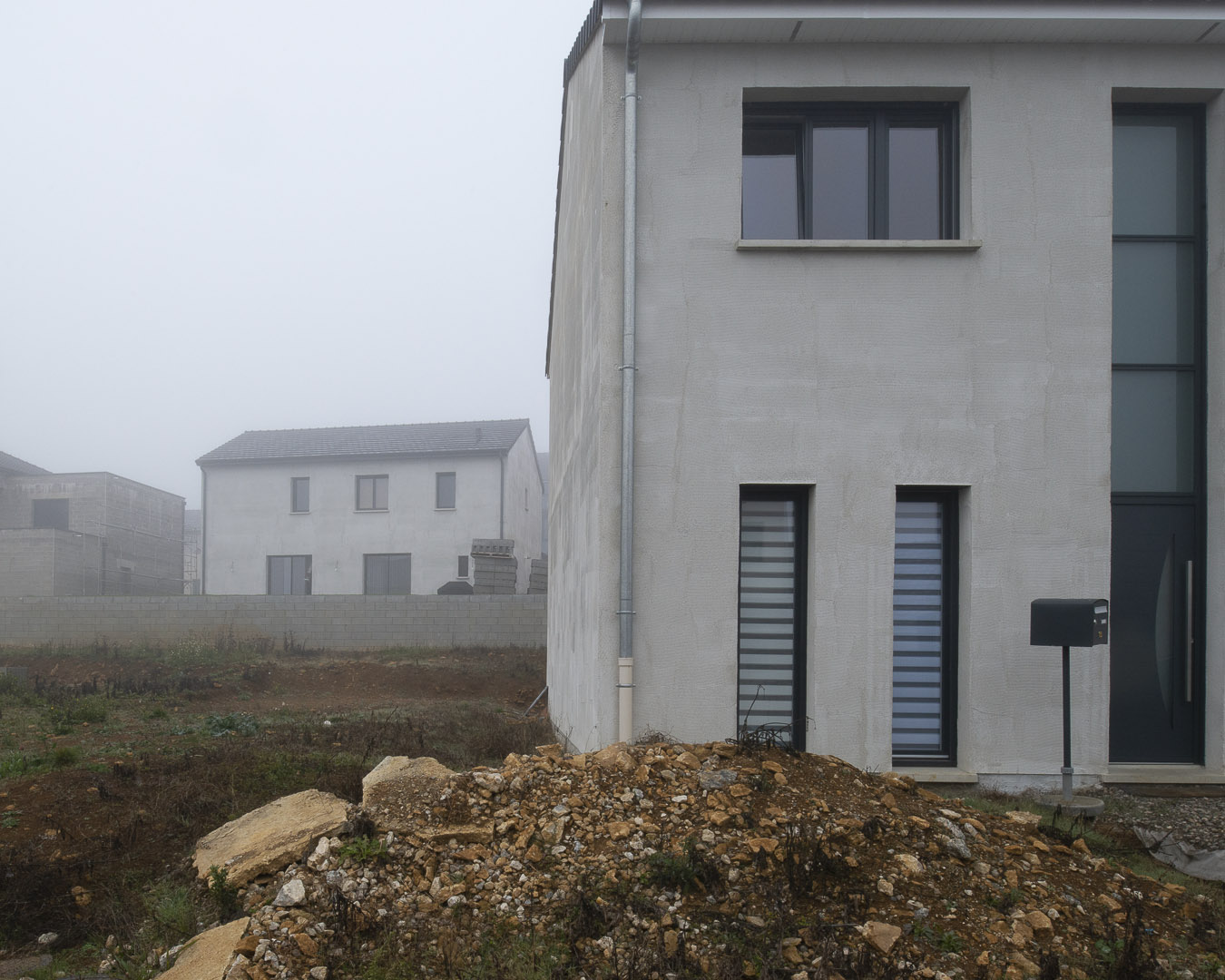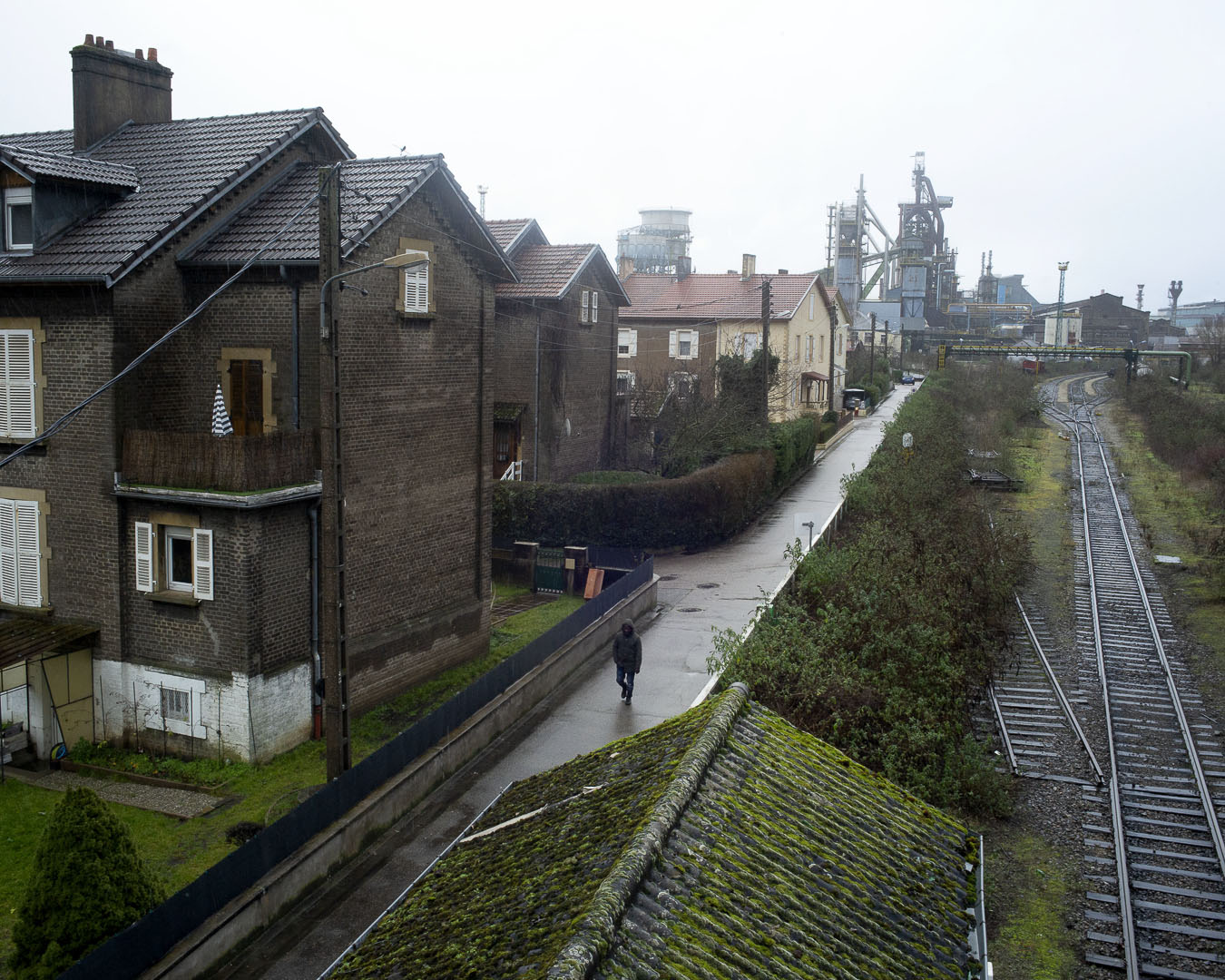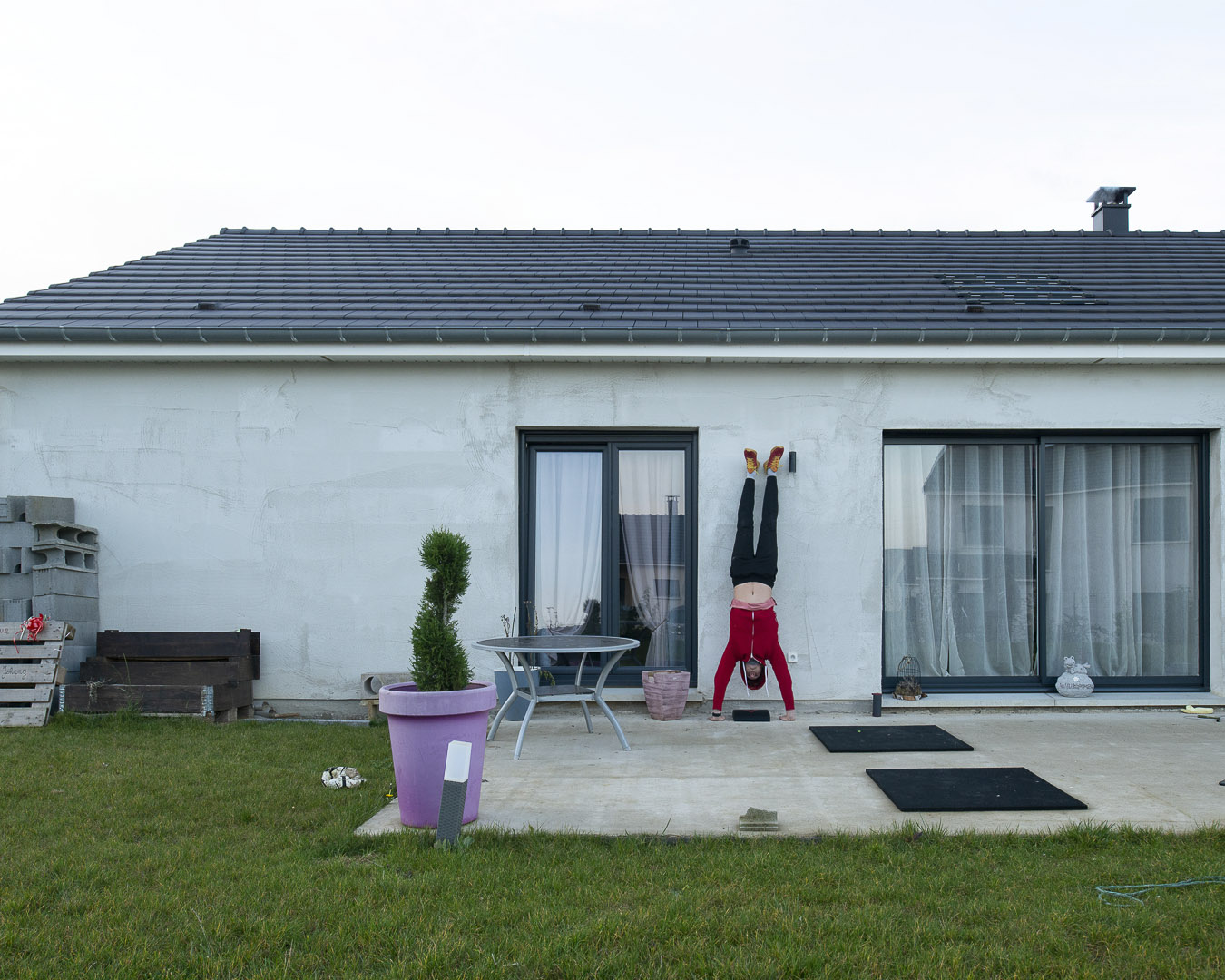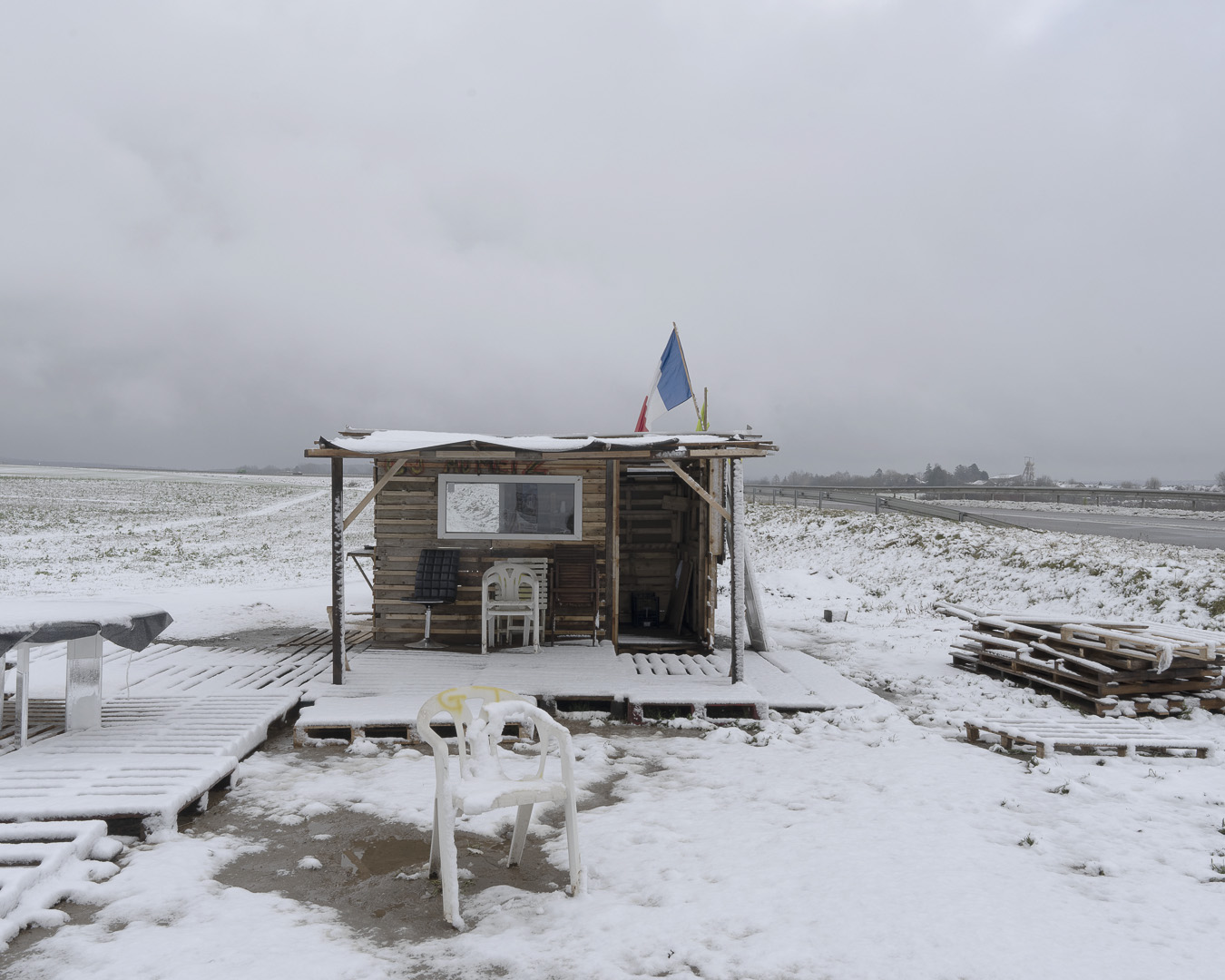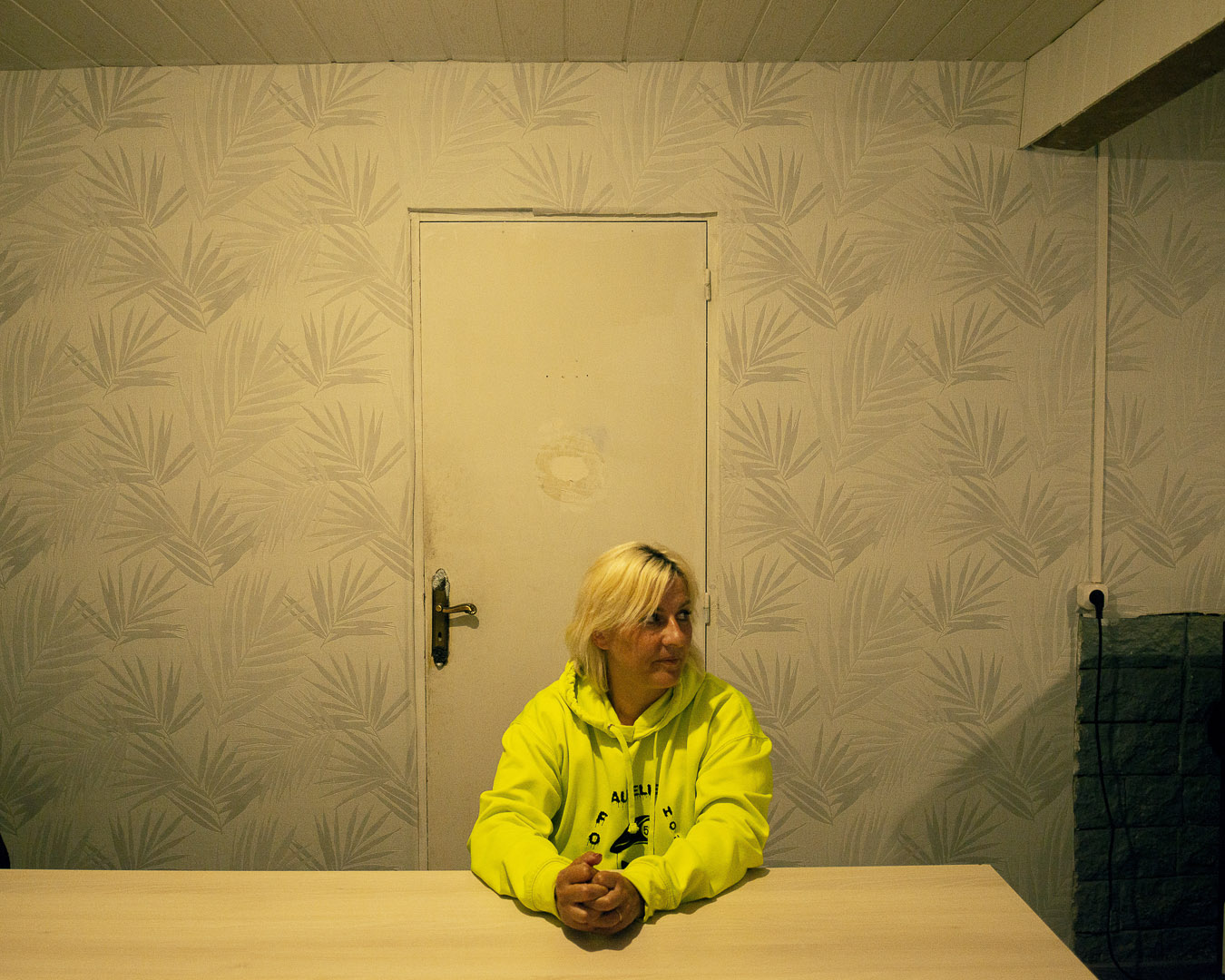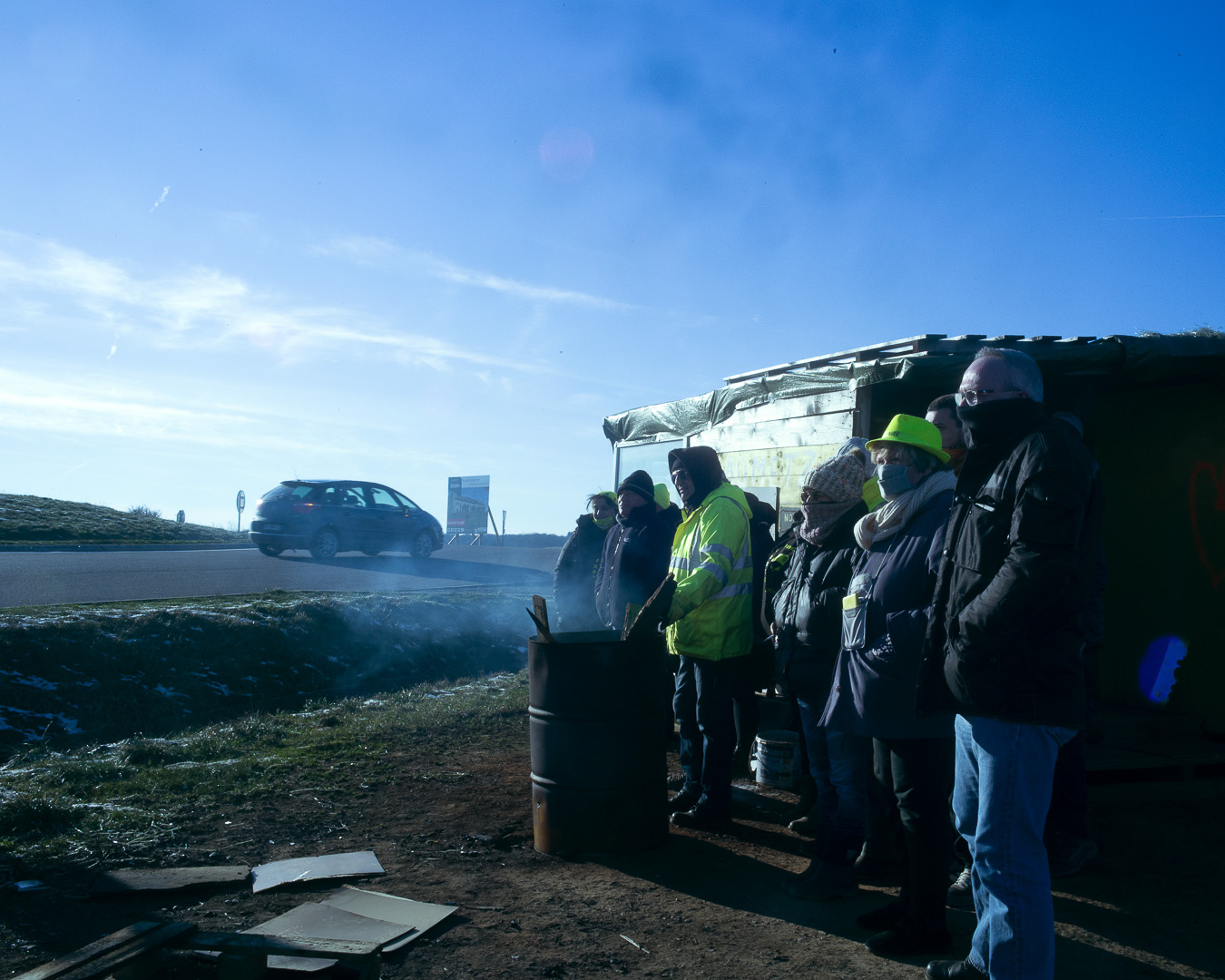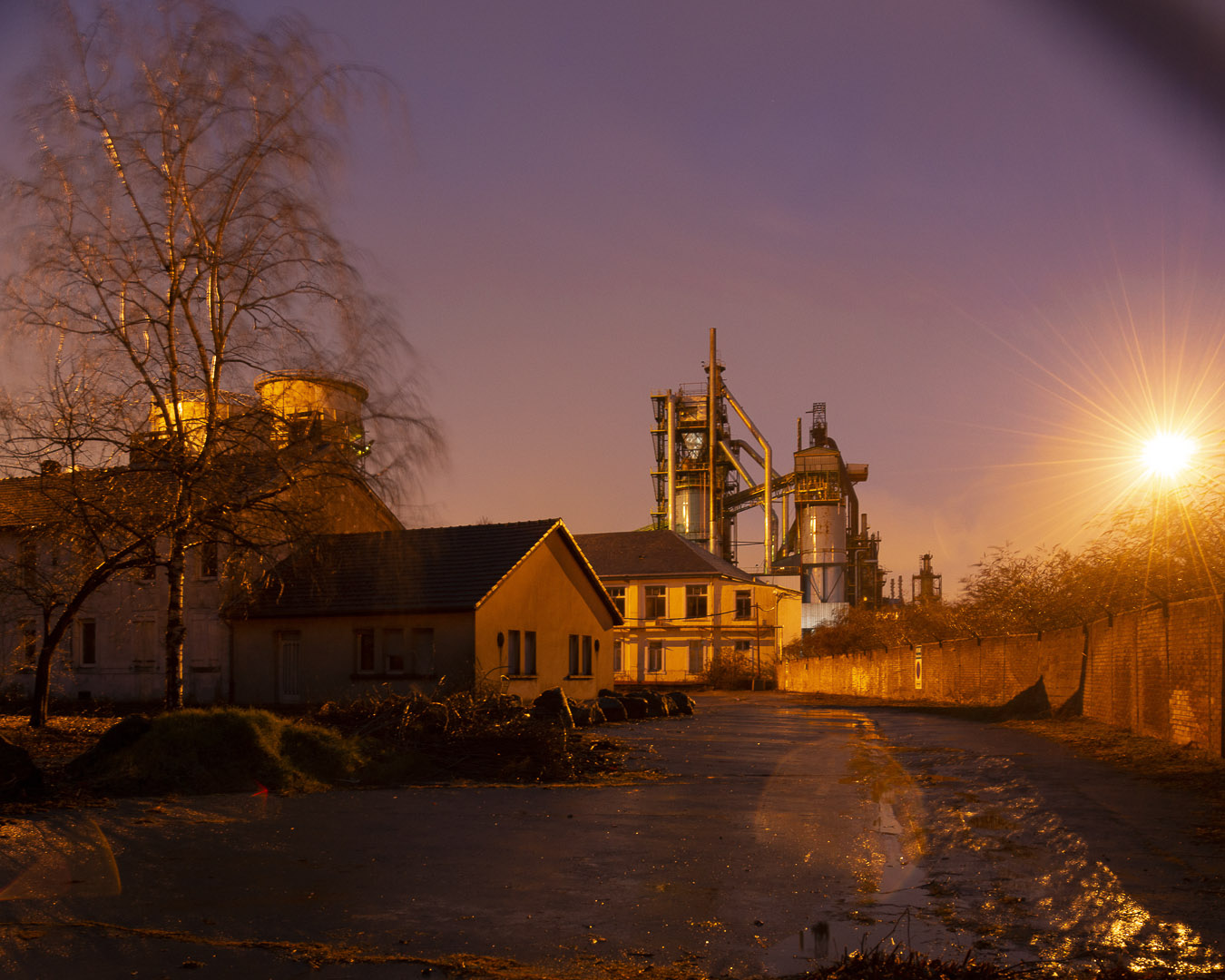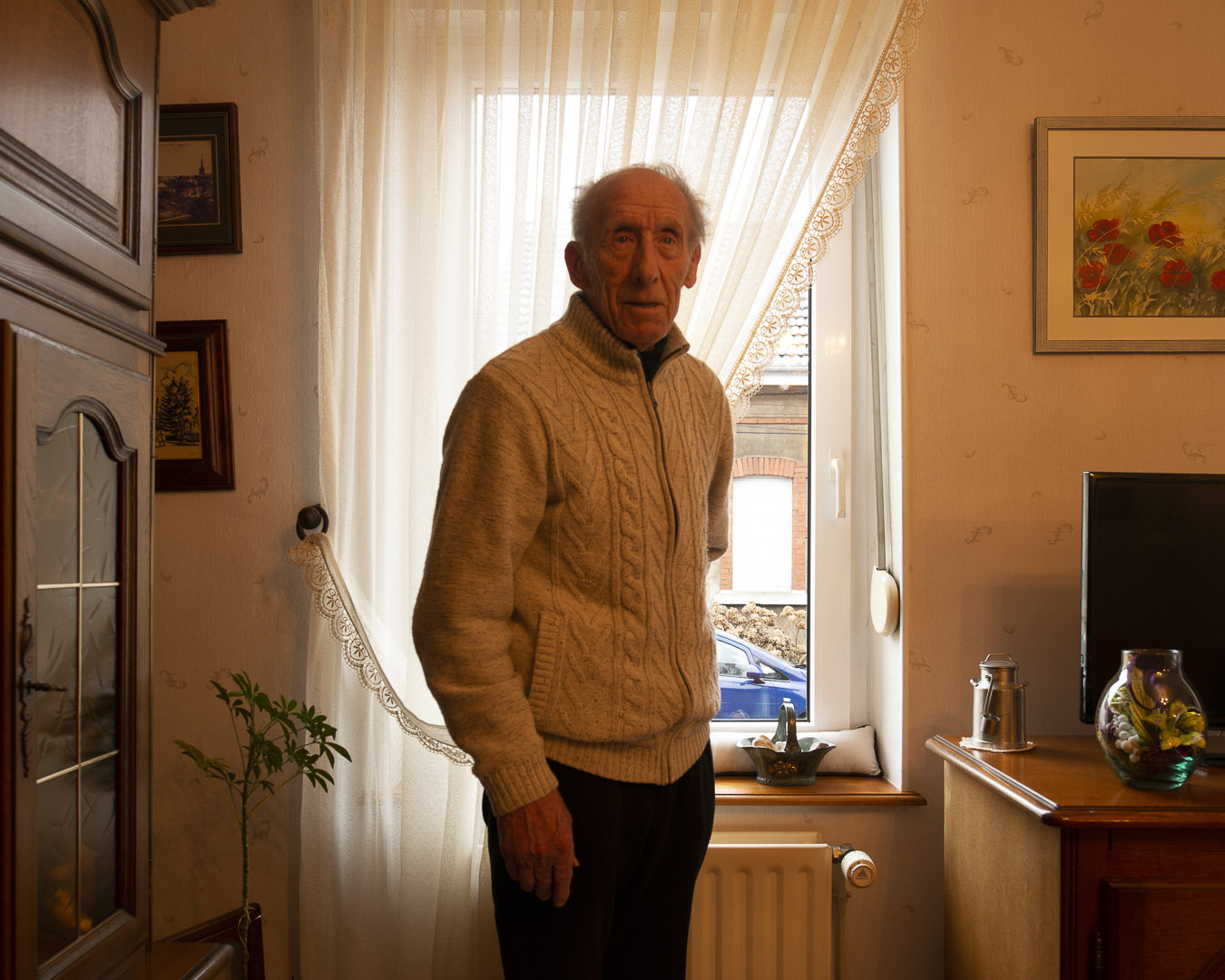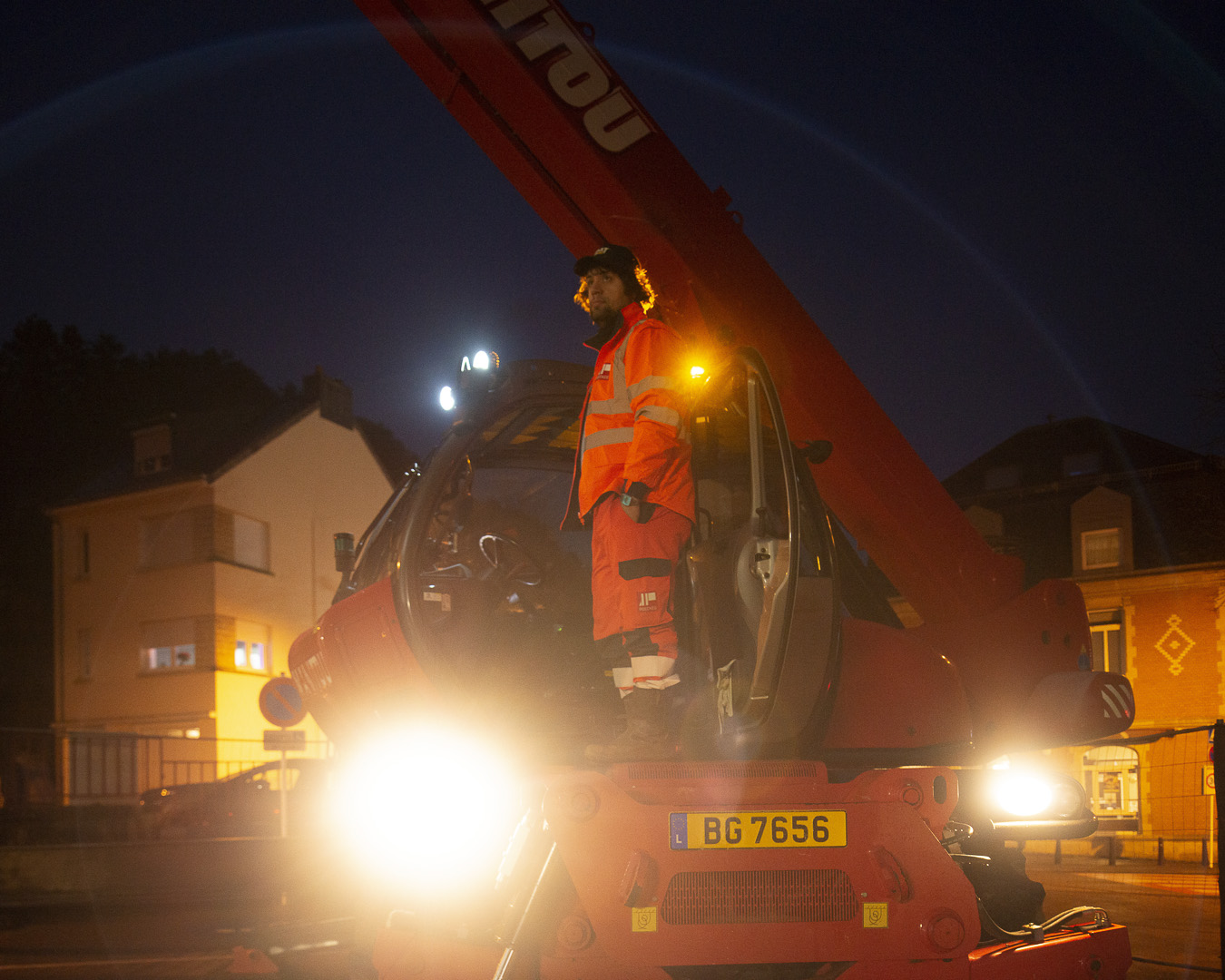Border workers, pendular lives, 2022
The social crisis linked to the end of the steel industry has left an economically drained region whose workers have had no choice but to turn to neighboring Luxembourg. An immersion in the Grand-Est, in Lorraine, in order to draw up the outlines of a typology of border workers.
In Lorraine, the working class community partly disappeared with the closure of the mines and the end of the steel industry. The region was plunged into mass unemployment. Faced with this precariousness, French workers turned to the Luxembourg service sector (which depends on foreign labor for 80% of its workforce): as a result, there are now more than 200,000 French cross-border workers in Luxembourg, a number that has doubled in 20 years.
All along the border, the French social territory is thus kept alive thanks to the infusion of money from neighboring Luxembourg. The big four (KPMG, Ernst & Young, Deloitte and PWC) have achieved a turnover of 1.355 billion in Luxembourg in 2021. Therefore, cross-border workers there benefit from salaries that are sometimes doubled and social benefits that are much more advantageous than on the French side.
However, these benefits come at the price of a certain submission to their employer and hours of daily transportation. Here, everyone assumes that they will be fired within six months if they do not manage to adapt. Then, at nightfall, they leave the beating heart of capitalism and cross the border again to find the roads and potholes of the Lorraine territories, the abandoned city centers, the energy sieves of the corons, the social infrastructures that cannot keep up, the traffic circles occupied by irreducible yellow vests. The trickle-down does not work on those left by the side of the road.
And so the grandchildren of the underground miners have become underground accountants. New workers trapped in a chain of the finance industry with repetitive operations on Excel tables. Economic survival and individual accomplishment have swept aside collective struggles. Burn out has replaced silicosis.
This series was produced as part of the large national commission “Radioscopie de la France : regards sur un pays traversé par la crise sanitaire” financed by the Ministry of Culture and piloted by the BnF.

J'ai adoré la formation Lumière par Franck Ferville, j'en ressors avec de nouvelles
compétences ! Merci beaucoup
Louise

Super formation et le meilleur mentor pour apprendre les techniques photos.
Merci à Mathias et son équipe.
Laurent

Belle formation . Formateur compréhensible, pédagogique !
Christine

J'ai adoré la formation Lumière par Franck Ferville, j'en ressors avec de nouvelles
compétences ! Merci beaucoup
Louise

Super formation et le meilleur mentor pour apprendre les techniques photos.
Merci à Mathias et son équipe.
Laurent

Belle formation . Formateur compréhensible, pédagogique !
Christine
